
High-Impact Leadership Development (Part 2)
Driving Organizational Maturity and Business Impact
Read offline
Recommendation
As business becomes increasingly competitive, the presence of great leaders can make the difference between winners and losers. That means leadership development is crucial. How does your organization measure up in this all-important area? To answer that question, turn to Bersin & Associates’ “Leadership Development Maturity Model.” In part two of Bersin’s three-part landmark study on learning and development (L&D) – probably the section most targeted to specialists in talent management, as opposed to all corporate leaders – senior analysts Laci Loew and Stacia Sherman Garr explain this model and delve into its implications for your firm. They provide quantitative research results, data analyses, and best practices for L&D and related areas. getAbstract recommends this state-of-the-art research to HR and L&D professionals who are fighting the good fight to intensify the quality of their companies’ current and future leaders.
Summary
About the Authors
Laci Loew and Stacia Sherman Garr are senior analysts at Bersin & Associates.








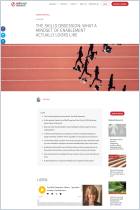
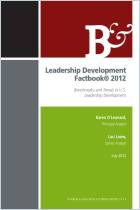
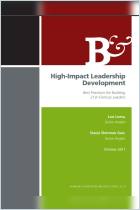
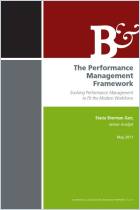

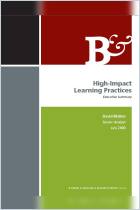
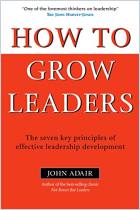
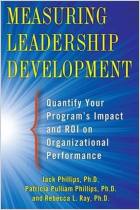

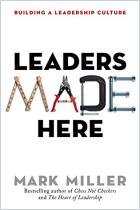



Comment on this summary or Comenzar discusión